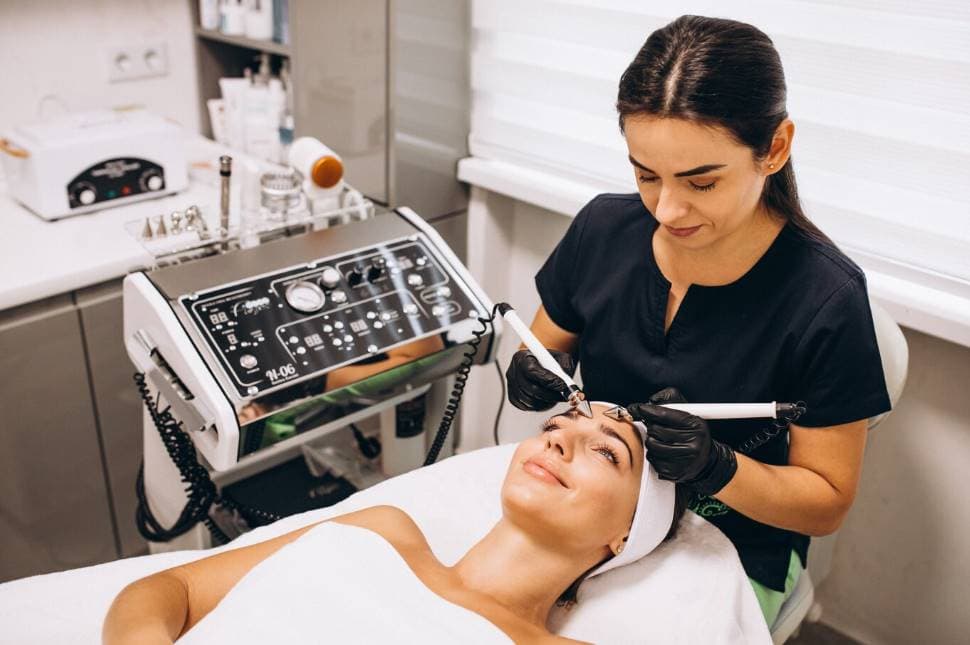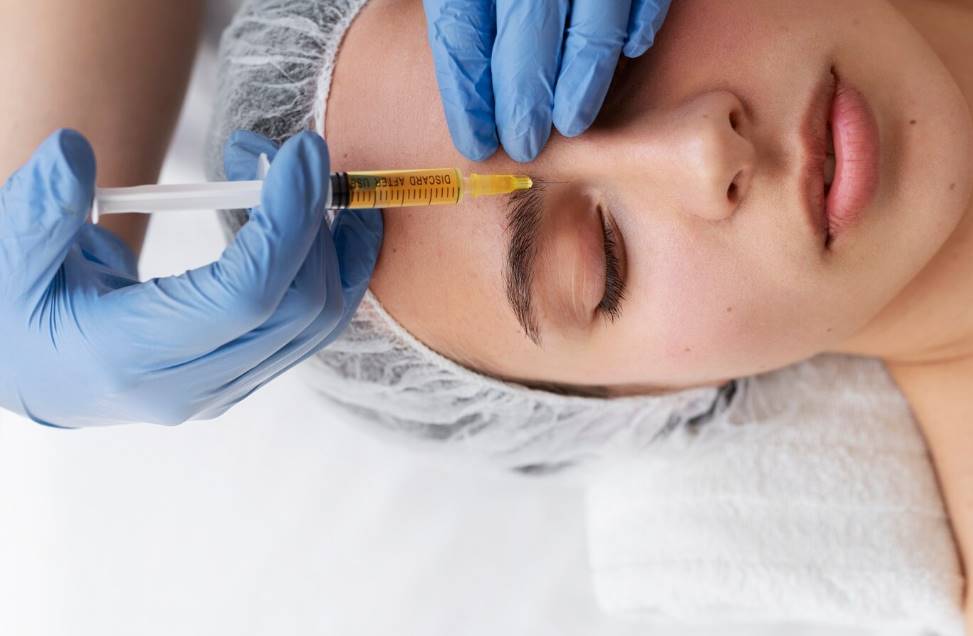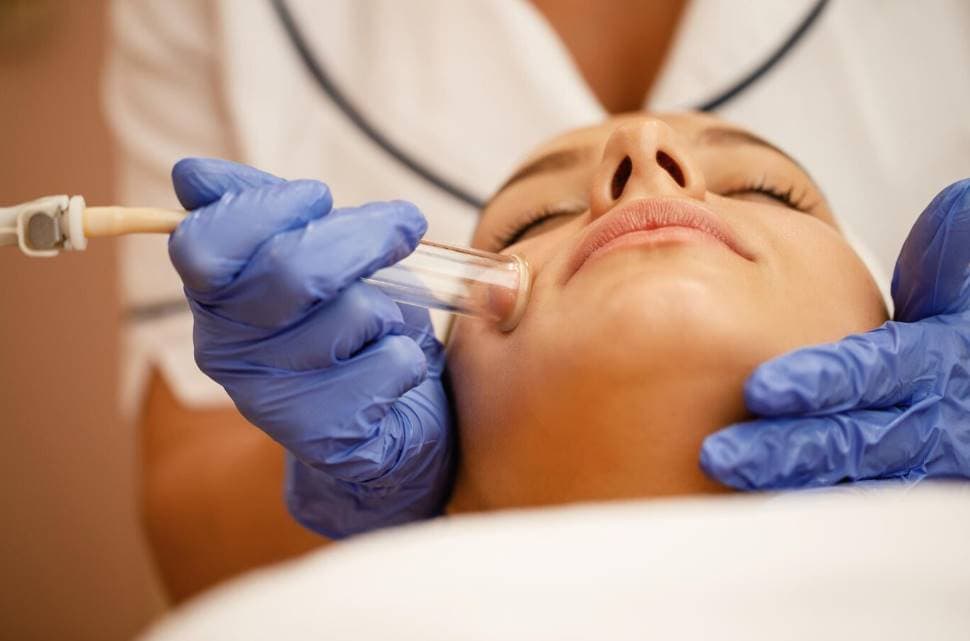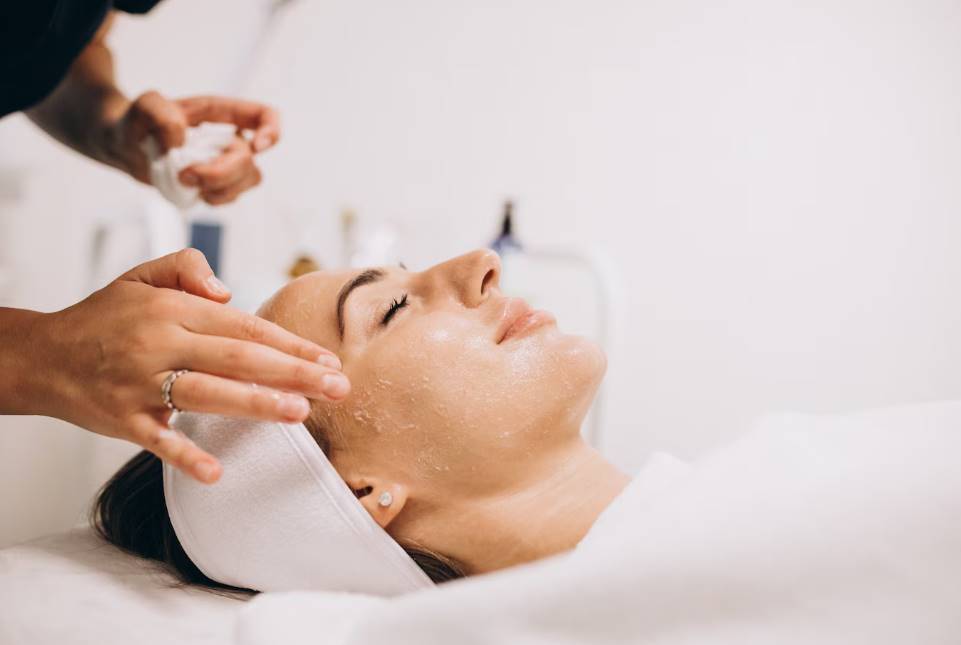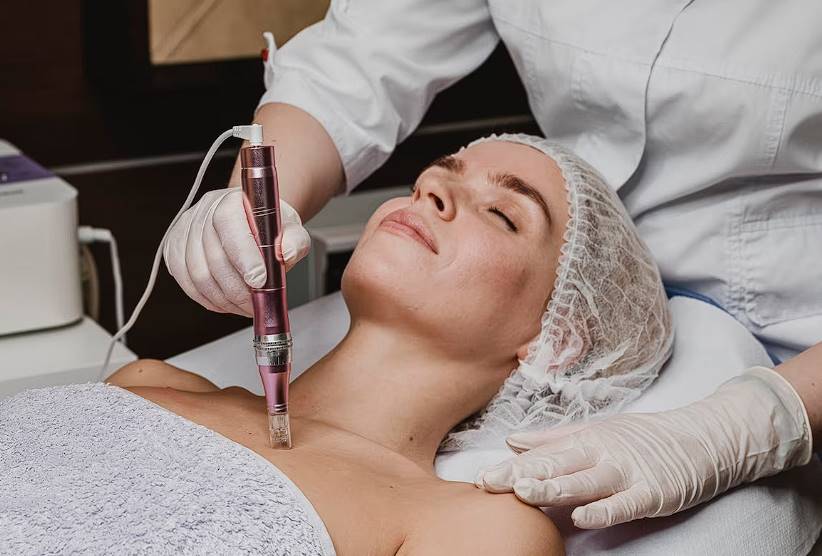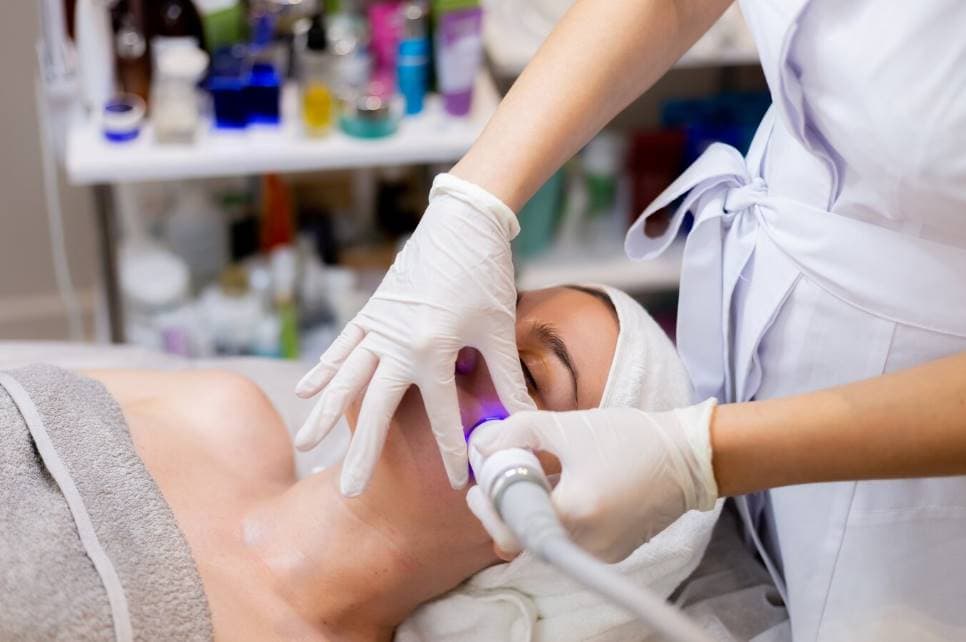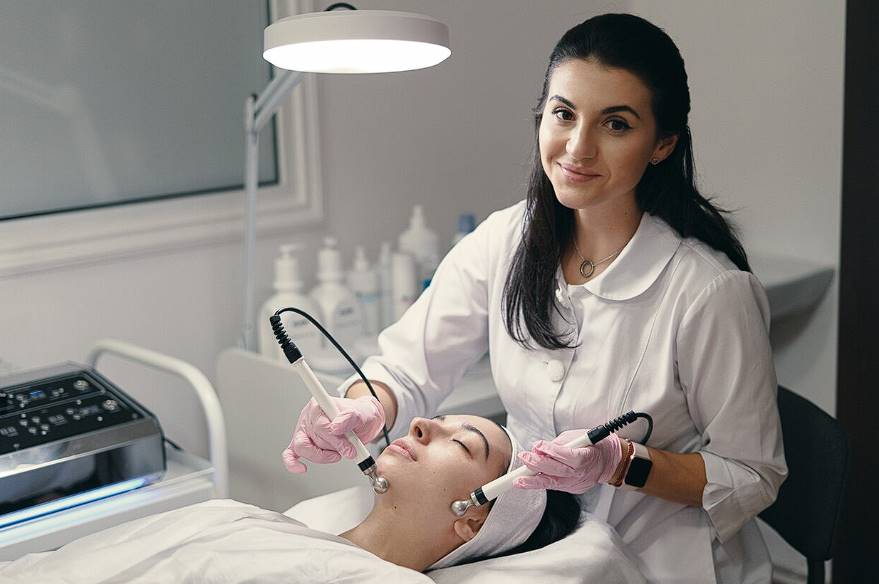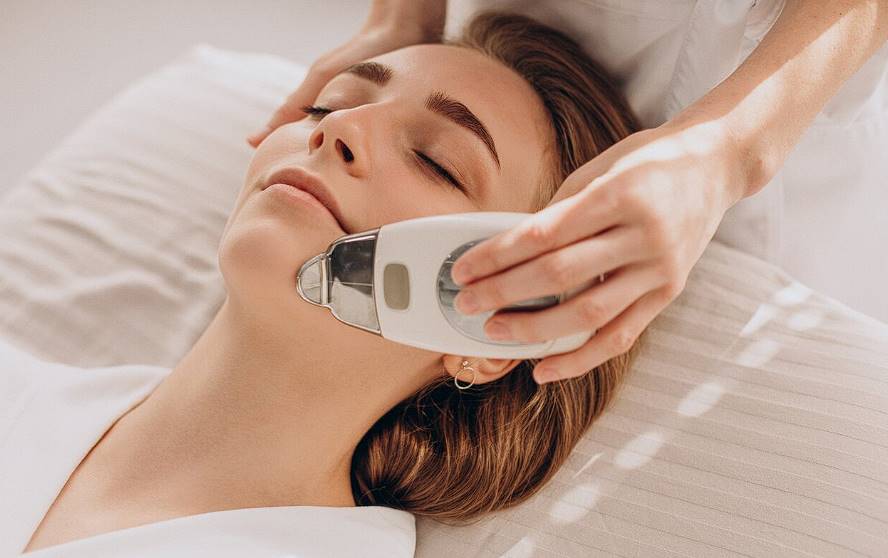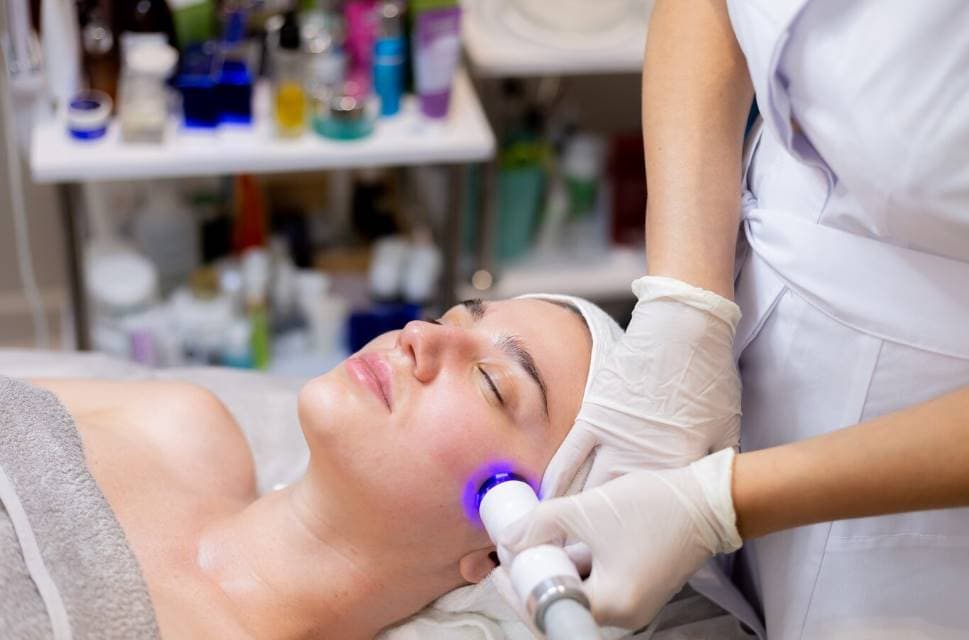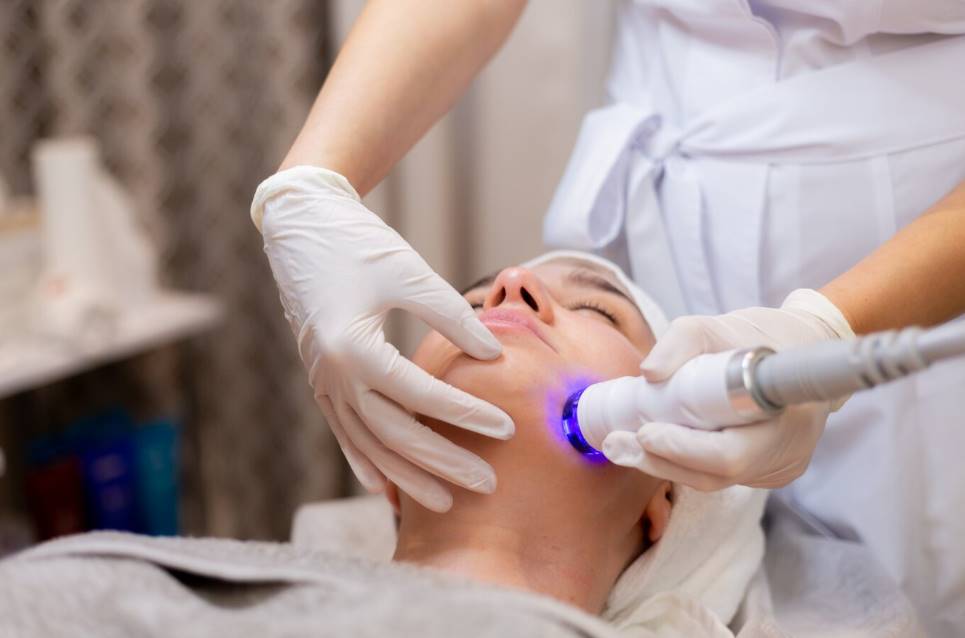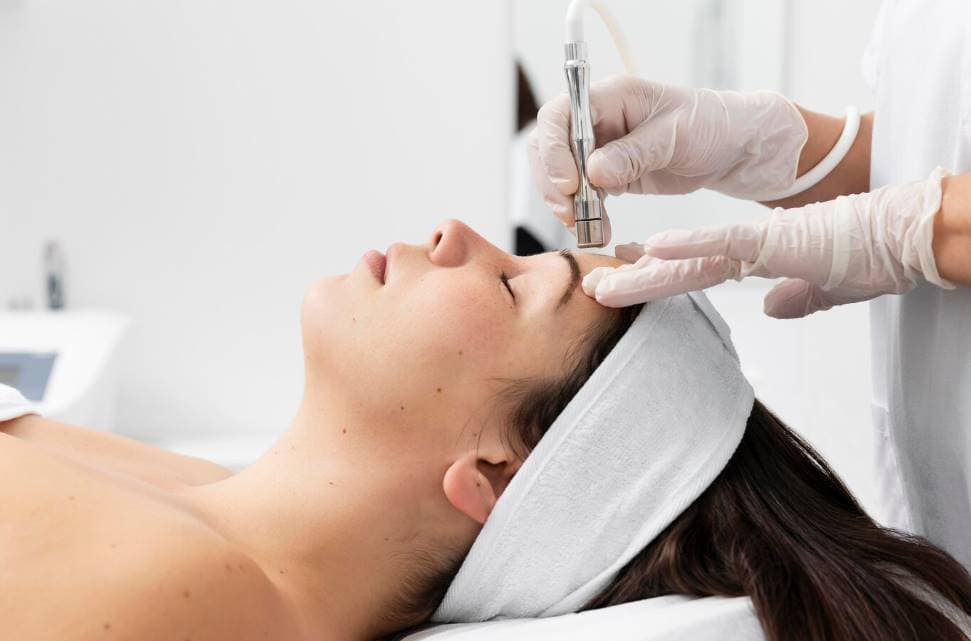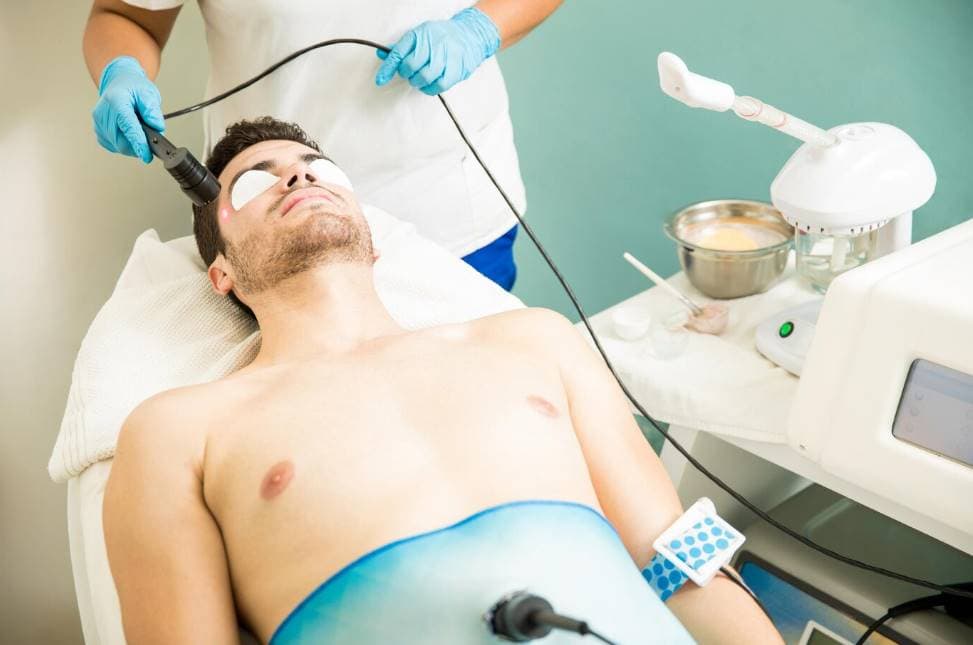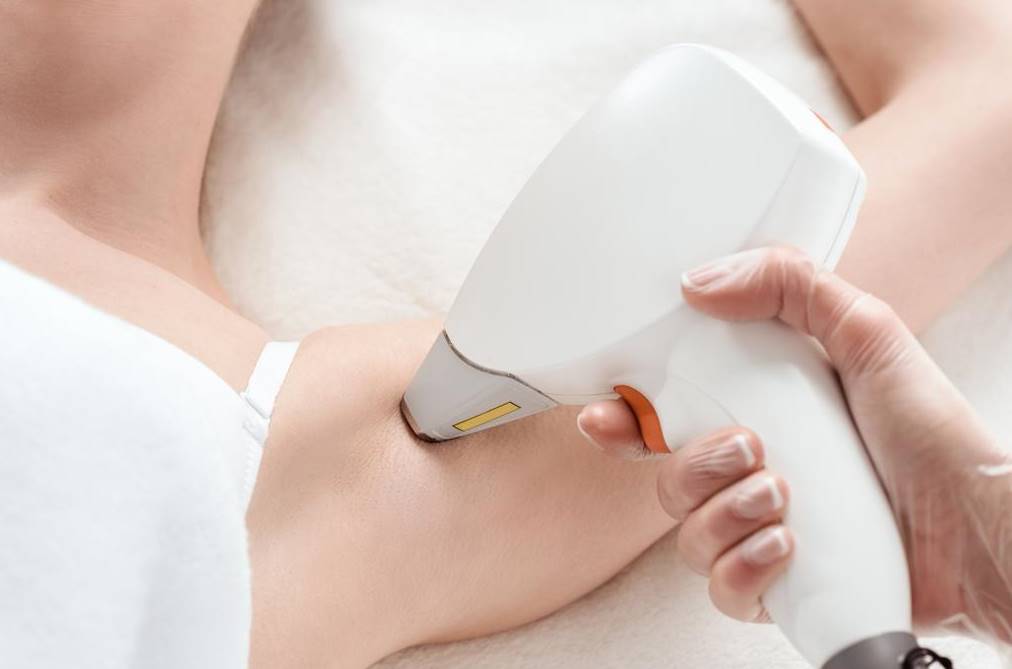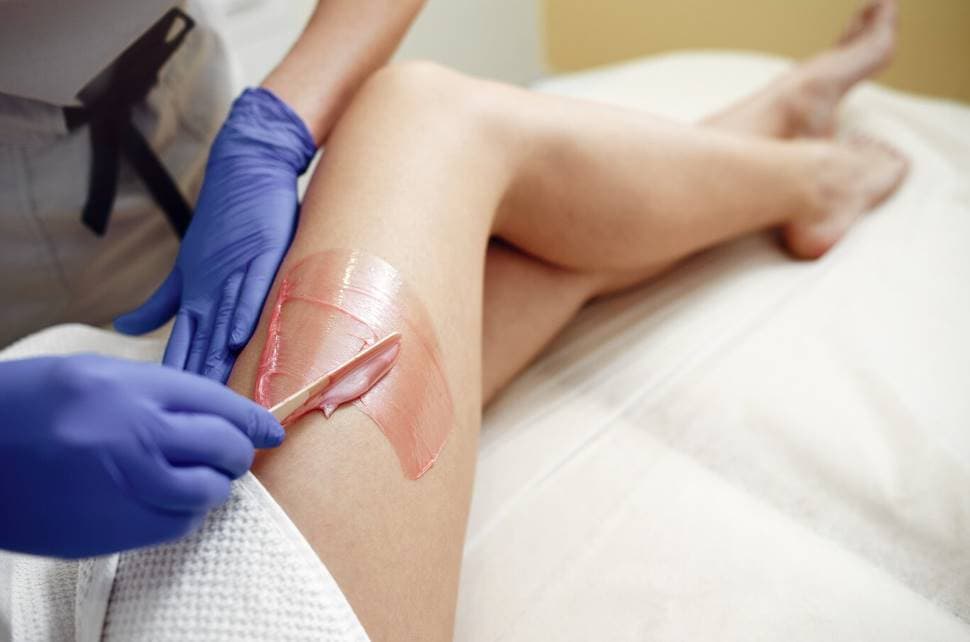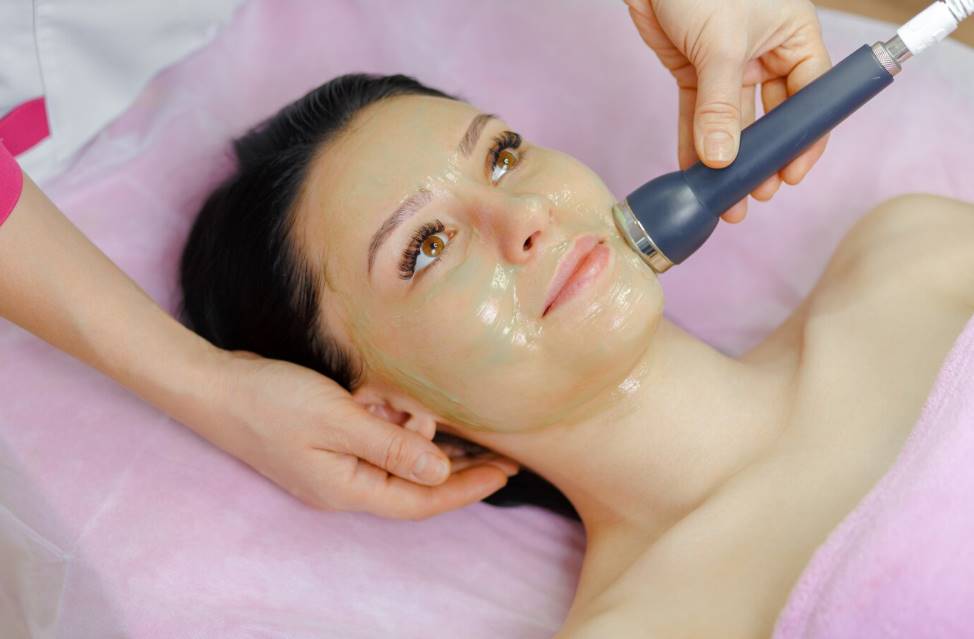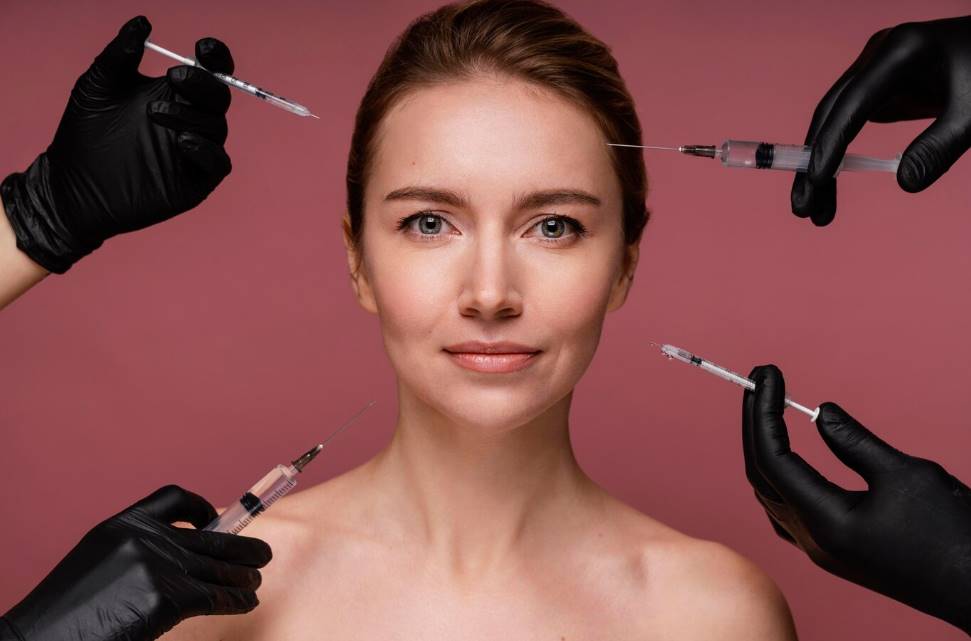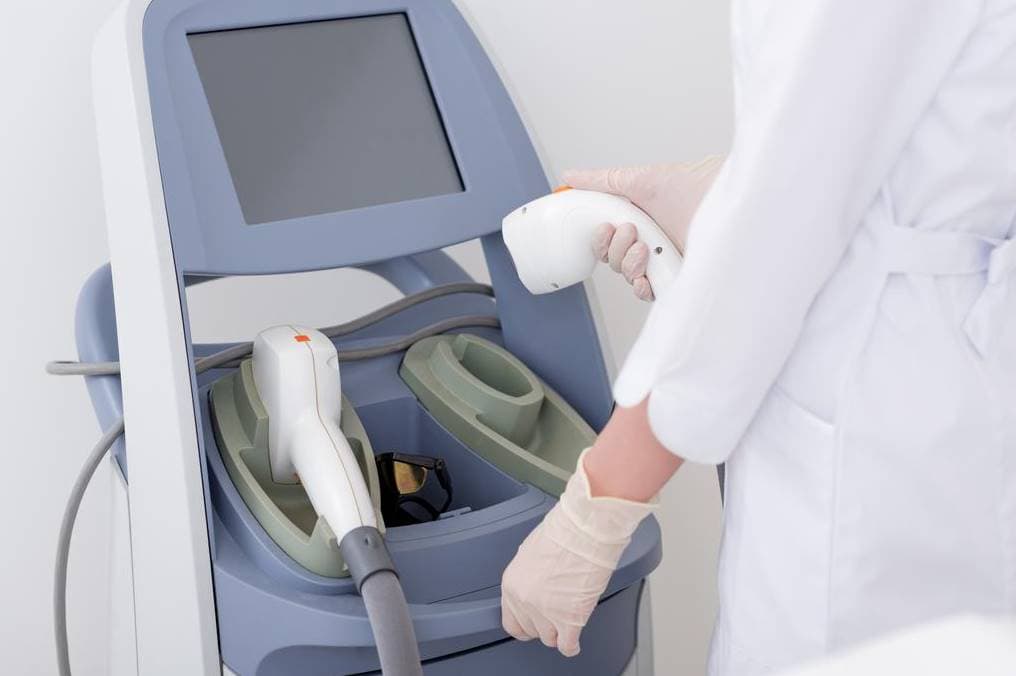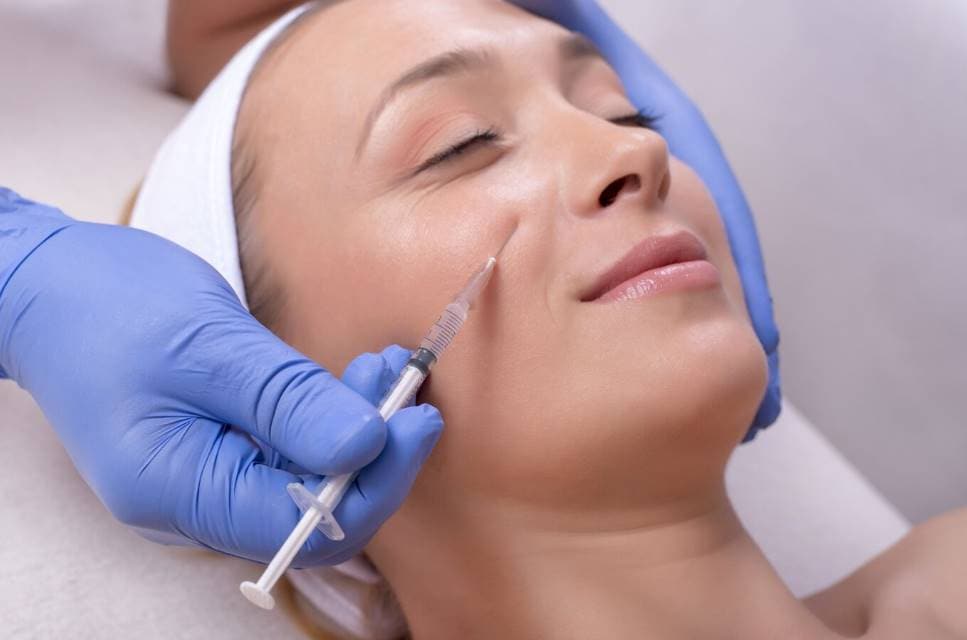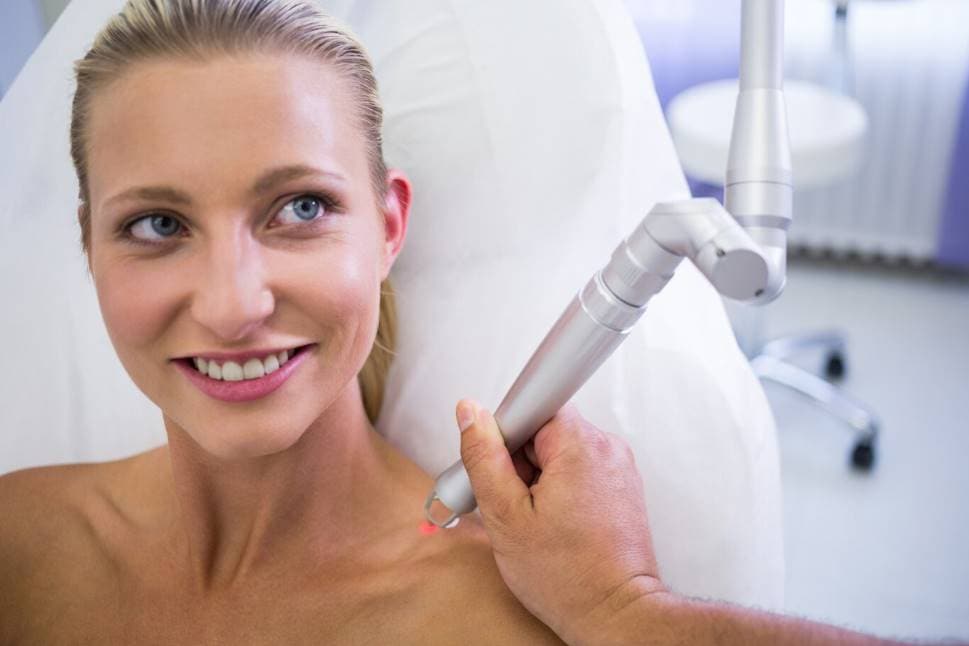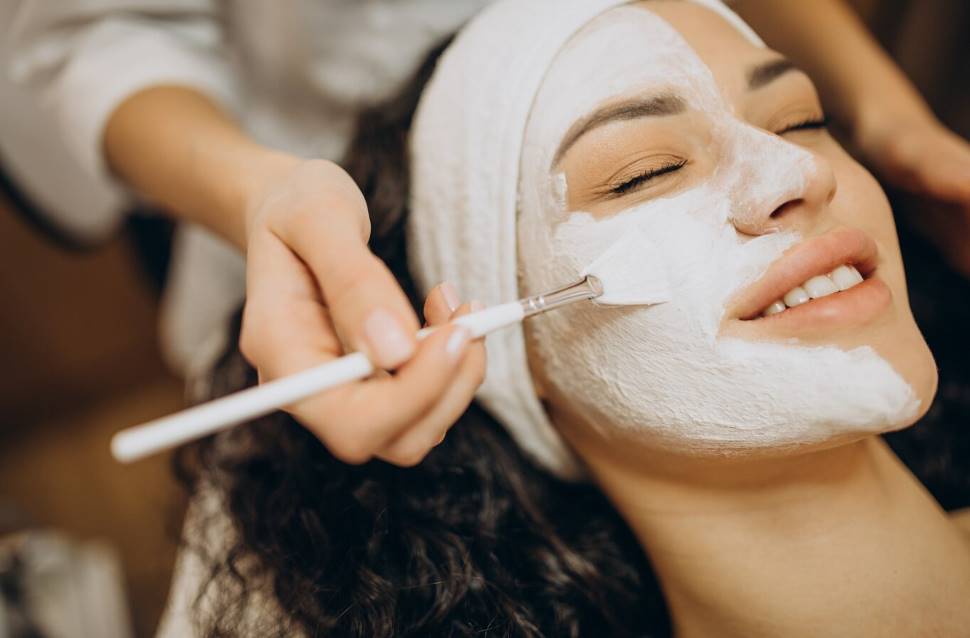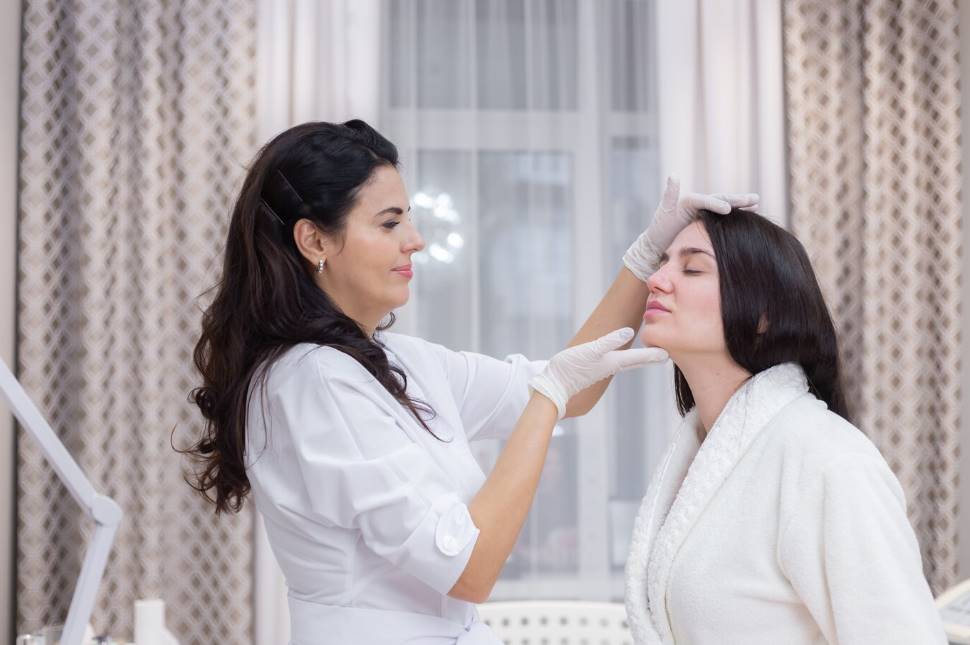Women worldwide face extra pressure to conform to beauty standards and maintain a slim figure. Billboards and periodicals are flooded with thousands of photos of retouched ladies daily. Women seek out renowned and expensive cosmetic doctors for cosmetic procedures because they are prepared to pay a premium price for the results. To many people, enhancing their physical appearance is a major goal in today's society.
Cosmetic treatment is one way to increase confidence because how you look significantly impacts how you feel about yourself. Having this kind of confidence can open up many professional and personal doors in your life. Being open to new experiences is another benefit. However, deciding to undergo cosmetic surgery is no little matter. You should weigh cosmetic treatment's benefits and risks carefully before deciding.
What Is Cosmetic Treatment?
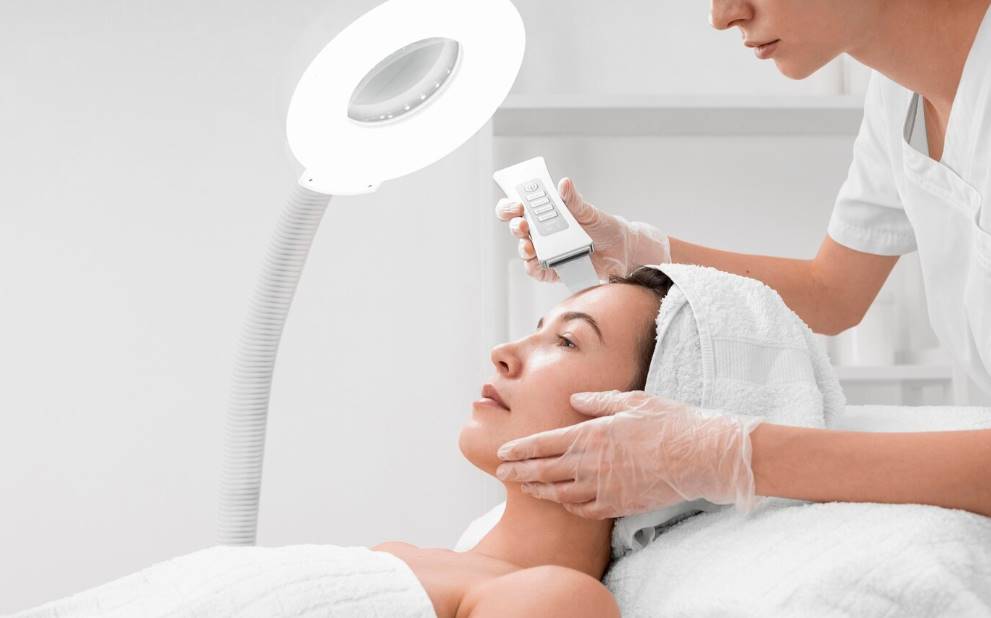
Facelifts, eyelid surgery, breast augmentation, rhinoplasty, and liposuction are just a few cosmetic operations available today. In the previous few decades, cosmetic surgery has become increasingly common; you may even know a few people who have undergone such procedures. Liposuction and eyelid surgery are the next most common cosmetic procedures after breast augmentation. Consider the following brief analysis of the advantages and disadvantages of cosmetic surgery if you're thinking about getting it done soon.
Cosmetic treatment is sometimes chosen for medical reasons. Surgical procedures can greatly enhance a person's health and quality of life, whether through nasal realignment to improve breathing or breast reduction to alleviate back pain. Surgery to remove extra skin is an option for some people who have lost a substantial amount of weight. Others may seek to improve their self-image by removing facial imperfections such as moles or scars.
Choosing to have cosmetic treatment is significant regardless of motivation. Before deciding to get cosmetic treatment, it's important to consider the benefits and risks involved. Some of cosmetic treatment's most common benefits and drawbacks are as follows.
Types Of Cosmetic Procedures
What Kind Of Aesthetic Procedures Are Considered "Medical"?
Following the completion of a comprehensive pre-treatment evaluation of the patient's appearance and an investigation into the patient's expectations regarding the perceived success of the treatment, and it has been agreed that the procedure has evidence-based clinical therapeutic benefit and is considered to be in the best interests of the patient, then the procedure is considered to be medically necessary.
What Are Medically Related Treatments?
Getting medical care may or may not be a personal choice. In the case of medical operations, however, the regulated professional is responsible for using their clinical judgement and diagnostic skills to establish that the therapy would have a real and substantial therapeutic benefit. Having a medical treatment done is always a personal choice.
Therefore, it's possible that the following are examples of medically connected aesthetic treatments:
- Non-surgical rhinoplasty is performed on patients unhappy with their appearance due to their noses.
- Filler injections to smooth out scars that are emotionally upsetting the patient.
Which Cosmetic Procedures Are Classified As "Cosmetic"?
When seeking care from a skilled and licenced medical expert, cosmetic procedures are considered elective and non-medical.
Elective non-surgical aesthetic procedures that are not tied to a medical or 'medically related' diagnosis and do not have a clinically determined therapeutic outcome benefit for the patient can be considered purely cosmetic.
Aesthetic procedures include:
- Botulinum toxin for anti-aging purposes
- Fillers made of soft tissue for face contouring
- Lip enhancement solely for aesthetic reasons
Benefits Of Cosmetic Procedures
Enhanced Visual Appeal
The primary advantage of cosmetic treatment is that it can bring your appearance closer to how you envision it should be. It's safe to assume that anyone considering cosmetic surgery is unhappy with some part of their physical appearance and wants to do something about it. Once you've done it, you'll always look different, and it'll be for the better.
Enhanced Physical Well-Being
In some situations, a cosmetic surgical operation can even positively affect your physical well-being. A rhinoplasty, for instance, can improve the contour and shape of your nose while also addressing any breathing problems you may have. The same is true of liposuction, which often frees up patients for greater exercise afterwards. As a result, conditions including high blood pressure, heart disease, and diabetes are less likely to manifest.
Enhanced Self-Assurance
Boosting your confidence is as simple as correcting and changing your appearance to reflect your preferences. This is fantastic for your emotional and social well-being. Feeling good about one's appearance improves one's outlook on life. The time for worrying about how you look is over. Many people who are unsatisfied with their appearance can finally feel confident in themselves after undergoing cosmetic surgery.
Good For Mental Health
The idea that cosmetic surgery can positively affect a person's mental health was touched on briefly in the previous point. Since you have a more positive outlook on yourself, you desire to interact with others more. Some people who are unhappy with their appearance also suffer from mental health issues, including anxiety and depression. However, cosmetic treatment methods frequently alleviate or eliminate these issues. Many people are ultimately encouraged to go through with surgery because of this significant benefit. The benefits to one's mental health are substantial.
Overestimation Of Pain
Fear of the 'severe pain' typically linked with cosmetic treatment deters many potential patients. Although some discomfort is associated with cosmetic treatment, it is not nearly as bad as some say. This is more true than ever because of recent and ongoing technological advancements. Many people will feel more at ease now that the processes have been modified to minimise discomfort.
Long-Lasting Outcomes
The long-lasting or permanent nature of cosmetic treatment's effects is another major plus. This eliminates any concerns you may have about attracting "unwanted" attention. However, remember that taking care of oneself after the treatments will increase their longevity. If you've had a stomach tuck, you should keep up your healthy habits after surgery if you want to keep the results.
Easily Accessed
More and more people are getting cosmetic treatment. Thus, there are lots of places to get it done. This means locating a suitable location for your surgery should be relatively easy. Cosmetic treatment and other "cosmetic tourism" forms have become increasingly popular in recent years.
Disadvantages Of Cosmetic Treatment
Expense
It is common knowledge that cosmetic treatment is costly. Since not everyone can access such monies, this limits cosmetic treatment's 'easily accessible' nature. People often take out loans for cosmetic treatment, putting them in a financial bind they may not escape. If you're interested in cosmetic treatment but worried about the cost, you have other options that you should explore.
Potential For Addiction
Some people become dependent on cosmetic treatment, a major drawback of the practice. This can have devastating implications on patients' mental health since it can lead to or exacerbate Body Dysmorphic Disorder (in which sufferers become preoccupied with finding flaws in their physical appearance). Many people with BDD mistakenly believe that undergoing a series of cosmetic procedures can cure them of their condition. This severe disorder should not be treated surgically.
Individuals who repeatedly undertake cosmetic treatment after developing an addiction are in tremendous danger. The most common risks are long-term damage to the body's musculature and skin.
Not Always The Same As Expectations
Another drawback of cosmetic treatment is that you may or may not be pleased with the results. Having these procedures done may have seemed like a good idea at the time, but now that you see the results, you may feel regret. Avoid dissatisfaction with cosmetic treatment results by ensuring you know exactly what you want before scheduling your procedure.
Mistakes Do Happen
It is also important to remember that there is always a chance of something going wrong during a cosmetic procedure. Thanks to technological progress, it's more common than dying but still relatively rare. However, surgical errors are still a possibility. A facelift, for instance, has been linked to lifelong nerve damage and paralysis of the face. Considering the possibility of such a disastrous consequence is important before deciding to have surgery. If the surgeon makes a mistake during the operation, your already poor self-esteem will plummet even worse. These errors are sometimes so severe that they cannot be corrected.
Time For Recovery
Another downside is the time it may take to recover from the procedure fully. Depending on the operation, this time frame can be 2-3 weeks. After cosmetic treatment, you'll have to put your life on hold to heal properly. As a result, you can only go about your regular activities soon after treatment. This discourages many people because it would require them to take time off from their careers. In addition, postoperative pain is real, leading some patients to develop an unhealthy dependence on pain medications.
Considering The Value Of Safety In Cosmetic Procedures
The popularity of cosmetic procedures to improve one's appearance has skyrocketed in recent decades. Individuals now have more opportunities than ever before to realise their aesthetic ambitions due to technological advances and the availability of various procedures. Despite the growing interest in aesthetic procedures, it is essential to put patient safety first. In this piece, we'll talk about how crucial it is to get cosmetic procedures done by trained specialists at reputable clinics and what to look out for while making such decisions.
Prioritising Safety
Safety should always come first when getting any cosmetic treatment, whether non-invasive or major surgery. The hazards of cosmetic procedures can be reduced significantly by researching and selecting a trained doctor and a trustworthy clinic. Compliance with regulatory standards, as well as the credentials and experience of the practitioners, the use of certified items and equipment, strict attention to sterilisation and hygiene practices, and other measures can all contribute to a safe environment.
Selecting Qualified Experts
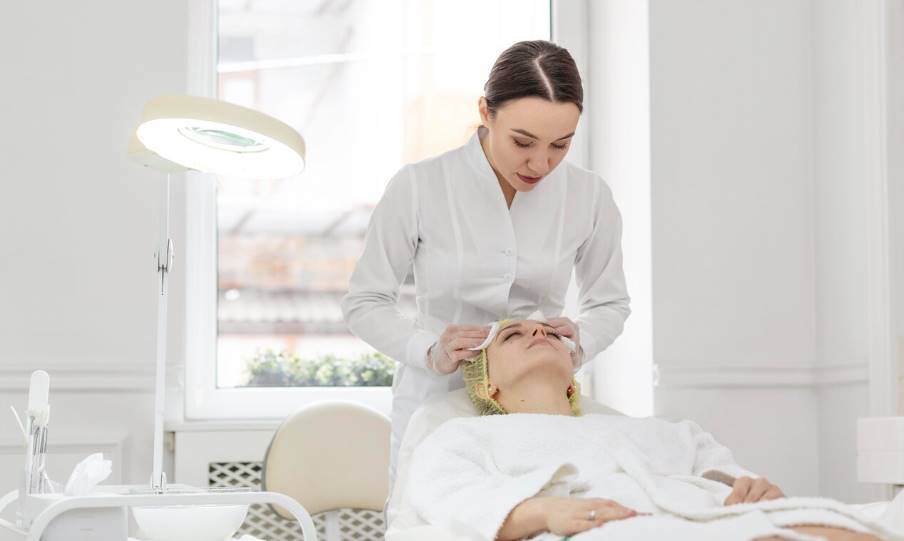
Selecting skilled specialists with the required knowledge and skills is crucial to guaranteeing the safety of cosmetic treatments. Only qualified practitioners, such as board-certified plastic surgeons, dermatologists, or trained aesthetic nurses, should attempt to do so to execute cosmetic operations safely. Investigating the experience and training of the doctors and nurses performing any proposed treatment is crucial.
Looking Into Reputable Clinics
The safety of cosmetic procedures depends on the expertise of the doctors performing the procedures and the reputation of the clinic where they are performed. Safeguarding its patients is a top priority at every respectable medical facility. Clinics with a good name, high patient ratings, and an openness to criticism are all good indicators of quality care. It is also important to ensure the clinic employs safe practices for patient care and only uses items that the has been approved.
Consultations Are Important
Pre-treatment consultations greatly enhance the safety of cosmetic procedures. During a consultation, you and your practitioner can talk about your expectations and concerns and gauge their expertise and professionalism. A trained expert will provide a complete assessment, discuss the risks and problems, and set reasonable goals for the therapy. Your health and safety will be their top priority, so they will check your treatment qualifications and ensure you fully understand what to expect.
Conclusion
Cosmetic treatment is a popular choice for women worldwide, as it can enhance their physical appearance and boost confidence. It can be done through procedures such as facelifts, eyelid surgery, breast augmentation, rhinoplasty, and liposuction. Medically necessary cosmetic procedures involve a comprehensive pre-treatment evaluation and investigation into the patient's expectations.
Medically related aesthetic treatments, such as non-surgical rhinoplasty and filler injections, are performed by regulated professionals to establish the therapy's therapeutic benefit. These procedures are classified as elective and non-medical, with elective non-surgical aesthetic procedures being non-medical and not tied to a medical or'medically related' diagnosis.
The benefits of cosmetic procedures include enhanced visual appeal, improved physical well-being, enhanced self-assurance, and good mental health. A positive outlook on one's appearance can lead to increased social interaction and alleviate mental health issues like anxiety and depression.
However, there are also risks associated with cosmetic surgery. Fear of severe pain is often deterred, but recent technological advancements have made the process more comfortable, making it more accessible to many people.
In conclusion, cosmetic treatment offers numerous benefits, including enhanced visual appeal, improved physical well-being, enhanced self-assurance, and improved mental health. However, it is crucial to weigh the risks and benefits before deciding to undergo cosmetic surgery.
Cosmetic treatment offers long-lasting results and is easily accessible, making it a popular form of "cosmetic tourism." However, it can be costly, potentially leading to addiction and long-term damage to the body's musculature and skin. Patients may not always be satisfied with their results, and surgical errors can cause severe consequences like nerve damage and paralysis.
The recovery time from cosmetic procedures can take 2-3 weeks, which can discourage people from taking time off from their careers. Postoperative pain can also lead to unhealthy dependence on pain medications.
Safety is a crucial consideration when considering cosmetic procedures. Prioritizing safety involves selecting trained specialists, ensuring compliance with regulatory standards, using certified equipment, and adhering to strict hygiene practices. Qualified experts, such as board-certified plastic surgeons, dermatologists, or aesthetic nurses, should perform cosmetic operations safely. Reputable clinics with a good reputation, high patient ratings, and openness to criticism are good indicators of quality care.
Consultations are important for enhancing the safety of cosmetic procedures. They allow patients to discuss expectations, concerns, and expectations with the practitioner. A trained expert will provide a comprehensive assessment, discuss risks and problems, and set reasonable goals for the therapy. Health and safety are prioritized, and consultations ensure that patients understand what to expect.
Content Summary
- Women globally face pressure to meet beauty standards.
- Cosmetic advertisements are pervasive in media.
- Many opt for high-priced cosmetic doctors due to their desired results.
- Cosmetic treatments aim to enhance physical appearance.
- Cosmetic procedures can bolster confidence.
- Increased confidence can open new opportunities.
- The decision to undergo cosmetic surgery requires careful consideration.
- Cosmetic treatments range from facelifts to liposuction.
- Cosmetic surgery's popularity has surged in recent decades.
- Cosmetic treatment can sometimes address medical issues.
- Surgical procedures can improve health and quality of life.
- Cosmetic treatments can be sought for facial imperfections.
- The benefits and risks of cosmetic treatments must be weighed.
- Only evidence-based treatments with therapeutic benefits are considered "medical".
- Medical treatments require the professional's clinical judgement.
- Non-surgical rhinoplasty and filler injections are examples of medically related aesthetic treatments.
- Cosmetic procedures, like botulinum toxin for anti-aging, are elective.
- Procedures purely for aesthetic reasons are considered cosmetic.
- Cosmetic treatments enhance visual appeal.
- Some cosmetic surgeries, like rhinoplasty, can improve physical well-being.
- Procedures like liposuction can prompt healthier lifestyles.
- Enhanced self-assurance is a benefit of cosmetic treatments.
- Cosmetic treatments can contribute to better mental health.
- The pain associated with cosmetic treatment is often overestimated.
- Cosmetic treatments offer lasting results.
- Cosmetic treatments are easily accessible worldwide.
- "Cosmetic tourism" is a growing trend.
- Cosmetic treatments can be expensive.
- Some face financial strain after opting for cosmetic procedures.
- There's a potential for addiction to cosmetic treatments.
- Cosmetic treatments may not always meet patient expectations.
- Surgical errors, though rare, can occur.
- Mistakes can lead to severe consequences, like lifelong nerve damage.
- Recovery times post-procedure can be lengthy.
- Postoperative pain may lead to medication dependence.
- The popularity of cosmetic procedures has risen dramatically.
- Technological advancements provide varied aesthetic opportunities.
- Patient safety should always be a priority.
- The right research can reduce cosmetic treatment risks.
- Compliance with regulatory standards ensures safety.
- Only qualified professionals should perform cosmetic procedures.
- Safety is paramount in all cosmetic treatments.
- Choosing a trained doctor is essential.
- Trustworthy clinics should be preferred.
- Proper sterilisation and hygiene practices are crucial.
- It's vital to investigate the credentials of practitioners.
- Board-certified plastic surgeons and dermatologists are preferred experts.
- Cosmetic treatments' popularity continues to grow.
- Decisions on cosmetic treatments should prioritize safety.
- The rise of cosmetic treatments reflects societal beauty norms.
Frequently Asked Questions
Researchers have also found that individuals who undergo cosmetic procedures often report reduced feelings of anxiety and depression and an overall improvement in their quality of life. Furnas pointed out that confidence is the most common thing patients express after cosmetic procedures.
Cosmetic procedures are performed to reshape body structures and alter a person's appearance. Like any form of surgery, cosmetic procedures need a trained medical practitioner, including appropriate recovery time, healing and proper care.
Thankfully, the discomfort experienced during and after surgery has been greatly reduced thanks to recent innovations in technology and cosmetic surgery techniques. However, just like any other surgical procedure, pain and discomfort are inevitable.
Self-esteem and body image obtained from cosmetic surgery can help solve the distressing long-term effects of childhood trauma. The perceived sense of beauty obtained from cosmetic surgery adds to self-esteem in the short term. It encourages appearance-enhancing behaviours while increasing the distress of others.
Aesthetic surgery is a central component of plastic surgery and includes facial and body aesthetic surgery. Plastic surgeons use cosmetic principles in all reconstructive surgical procedures and isolated operations to improve overall appearance.
